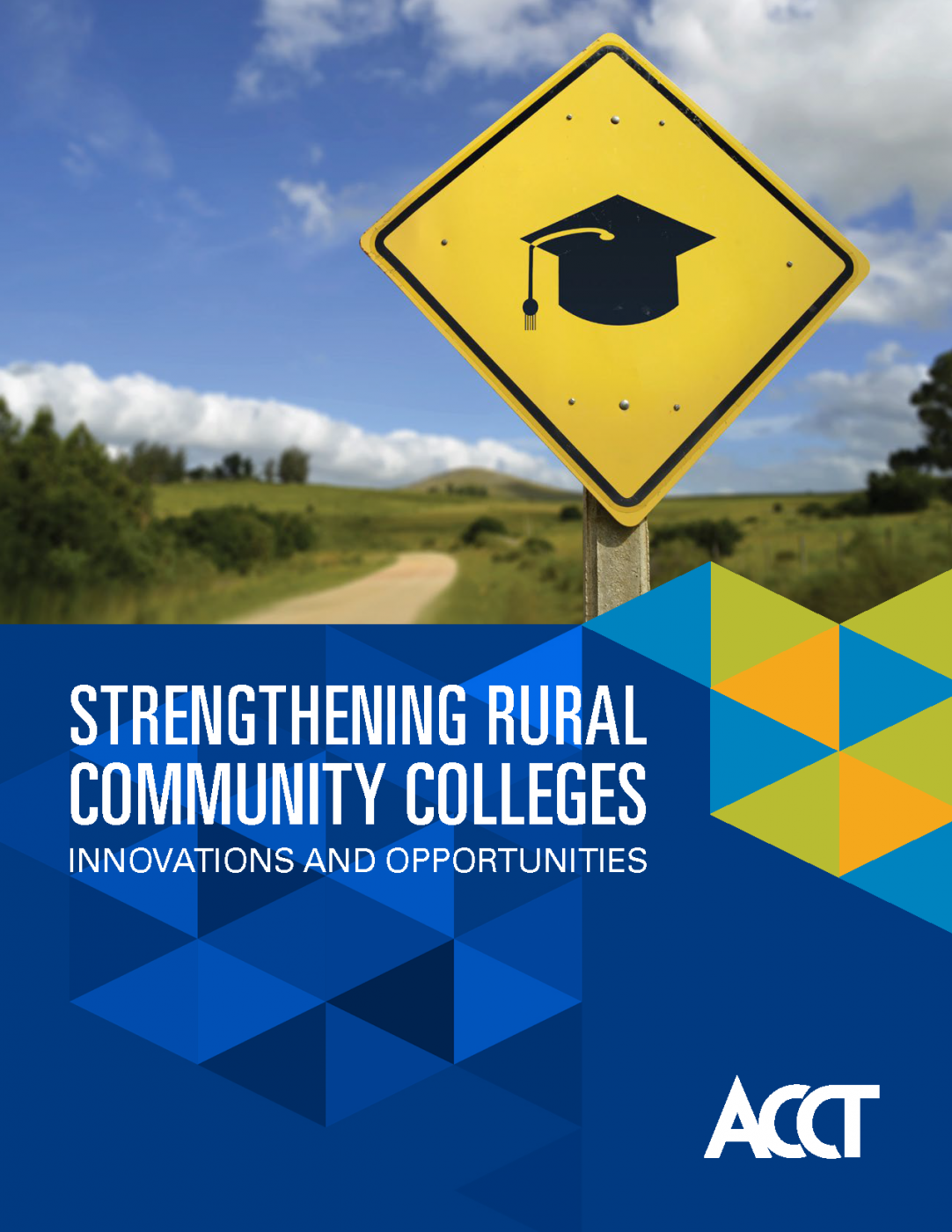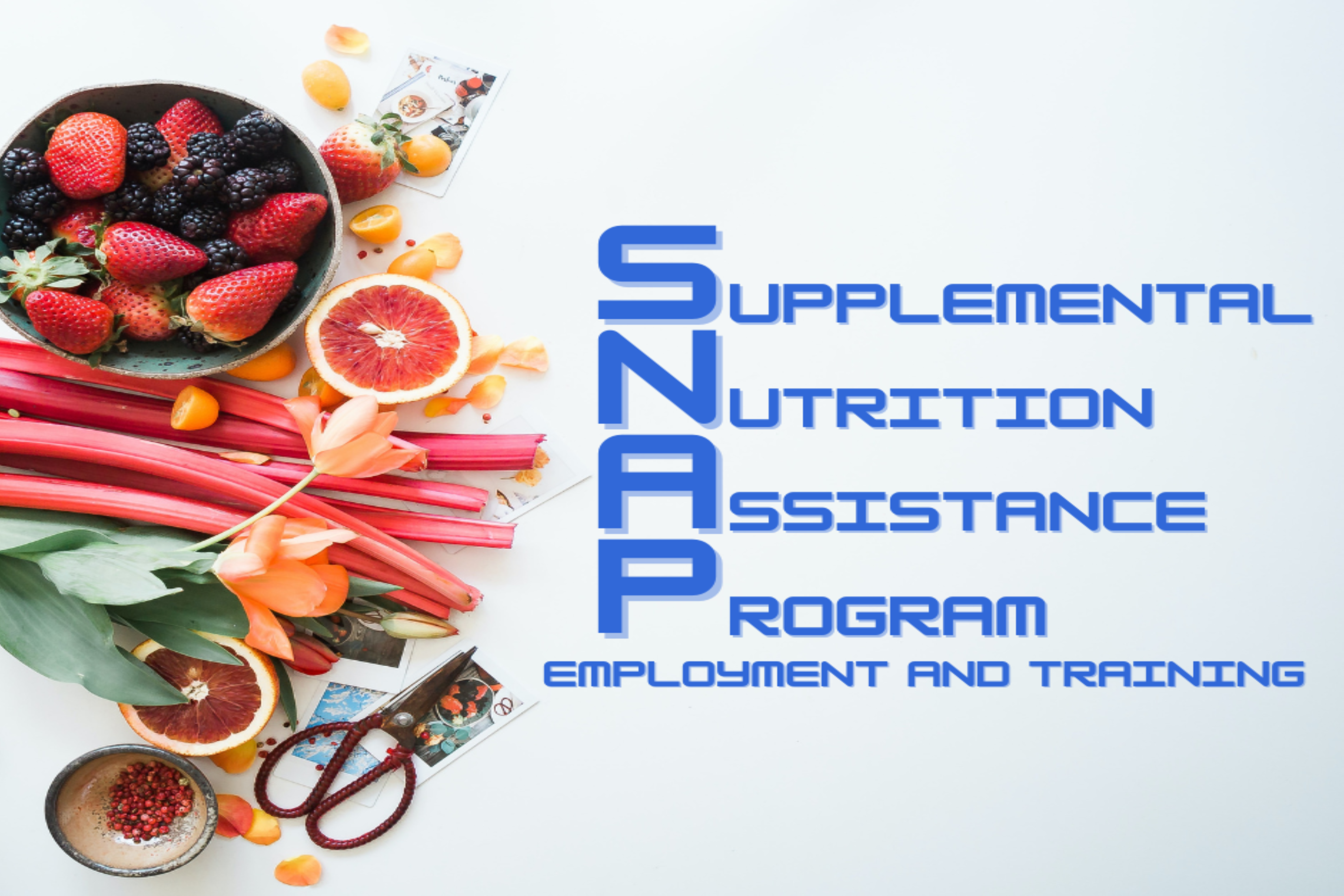The Rural Community College Landscape
According to the U.S. Department of Education, there are over 260 rural community colleges in the United States which educate nearly 670,000 students a year. Rural community colleges provide a number of vital functions. In addition to offering educational opportunities and vocational training, many represent the largest employer in their communities. In order to best serve these colleges and their students, it is critical that we understand their successes and their challenges, and develop policy solutions to support rural institutions and their communities in achieving academic and economic prosperity.
Strengthening Rural Community Colleges: Innovations and Opportunities details the needs and challenges of rural community colleges throughout the United States.
Read Our Report
Stay Engaged with the Initiative
Interested in the Strengthening Rural Community Colleges Initiative? Sign up to receive our monthly newsletter, information on upcoming opportunities to attend, and regular updates on the Strengthening Rural Community Colleges Initiative. Thank you for your interest and support!
Sign Up to Stay Engaged
State Legislative Initiatives
Resources
The following resources were compiled for rural community college leaders to support their institutions and students. Click on each resource for more information.
Advancing Digital Equity for All
In spring 2022, the U.S. Department of Education’s Office of Educational Technology (OET) committed to advancing digital equity through the Digital Equity Education Roundtables (DEER) Initiative. Through DEER, OET hosted a series of national conversations with leaders from community-based organizations, as well as families and learners furthest from digital opportunities. The “Advancing Digital Equity All” resource illuminates insights from these conversation to highlight the barriers faced by learner communities and promising solutions for increasing access to technology for learning. Using this guidance resource as a starting point, it is essential that leaders collaborate with those most impacted by the digital divide to develop comprehensive digital equity plans that outline strategies to meet the needs of learners, their families/caregivers, and communities effectively and sustainably.
Affordable Connectivity Program - Expanded Broadband Access
On May 9, 2022, President Biden and Vice President Harris announced the securement of private sector commitments towards the Affordable Connectivity Program (ACP). As a part of the Bipartisan Infrastructure Law, the Affordable Connectivity Program will provide eligible households up to $30 per month off their internet bills. The private sector commitments of 20 leading internet providers will also offer ACP-eligible households a high-speed internet plan for no more than $30 per month. Households on Tribal Lands are eligible for a discount of up to $75 per month. You can also choose to apply your ACP benefit to a different provider. There are over 1,300 providers that accept the ACP benefit, and you can visit here to find a provider near you.
Global CTE Toolkit - Asia Society
This toolkit provides resources to help CTE educators integrate global issues and skills into what is already being taught in their classrooms. This toolkit includes: sample projects ready to be used in CTE classrooms, global career planning resources, workforce readiness rubrics, crosswalks of global education and CTE standards, global career profile videos, talking points, and more. (See menu on the left to help you navigate the toolkit). Click here to access the Global CTE Toolkit.
NCII Rural Community College Leader Series
In response to today's challenges that rural community colleges are facing the National Center for Inquiry & Improvement (NCII) convened the Rural Leader Learning Community (RLLC). Through the RLLC, NCII compiled the Rural Community College Leader Series written by college practitioners for college practitioners and designed to be accessible and action-oriented. Each of the briefs includes a short overview of the topic, examples of how colleges are working to address the issue, and a set of discussion questions college leaders can use to explore the matter further. Access the Rural Community College Leader Series here.
SHSF Public Transit Map
In the Spring of 2021, the Seldin/Haring-Smith Foundation (SHSF) published the SHSF Public Transit Map, which assessed public transit accessibility at community colleges across the United States. They found that only 57% of community colleges are transit accessible, but an additional 25% could be made accessible through very low-cost investments in extending existing bus lines. This data provided the foundation for the bipartisan PATH to College Act, which captures all of the recommendations of the SHSF Public Transit Map research brief. Review the SHSF Public Transit Map and resources here.
Bipartisan Infrastructure Law Rural Playbook
Playbook intended to help rural communities understand the available funding for infrastructure provided by the Bipartisan Infrastructure Law and other sources – offering information on the “what, where, and how” to apply for federal infrastructure dollars. Review the Rural Playbook here.
Latest Posts
December 12, 2022 | Child Care Access Means Parents in School Programs and Experiences
November 7, 2022 | SNAP Employment and Training: Overview of the Pennsylvania KEYS Program
October 4, 2022 | Digital Equity: Supporting Digital Inclusion Efforts for Learners
September 9, 2022 | Collaborating on Mental Health Practices at Rural Community Colleges
August 31, 2022 | A Three-Step Guide to Rural Community College-Workforce Partnerships
August 12, 2022 | Community Facilities Grants: Insights from Two Rural Community Colleges
July 8, 2022 | Central Community College: Health Profession Opportunity Grant Program
July 5, 2022 | How Micro-credentials Can Support Social Mobility in Rural Communities
June 22, 2022 | Reflecting on Best Practices
May 25, 2022 | Sharing USDOL Grant Experiences
May 18, 2022 | Helping Rural Community College Adjust to a Post-COVID World
May 11, 2022 | Expanding Access Through Reducing Cost of High-Speed Internet
April 20, 2022 | Are community colleges transit accessible?
June 14, 2021 | ACCT Expands Initiative to Strengthen America’s Rural Community Colleges
May 20, 2021 | A Mental Health Crisis Looms in Rural America – Community Colleges Can Help
March 16, 2021 | New ACCT Paper Assesses Rural College Needs, Showcases Innovative Solutions to Making Do with Limited Resources
February 19, 2020 | ACCT Rural Colleges Initiative Fact Finding Begins
August 21, 2019 | ACCT Announces New Initiative to Strengthen Rural Community Colleges
February 11, 2019 | Prior Research: The Rural Male in Higher Education
Media Highlights
The Daily Yonder | How One College Is Diversifying the Rural Teaching Workforce, and Why It Matters
The Chronicle of Higher Education | 'One Flat Tire Away": How a Rural Community College Makes Sure Its Students Get to Their Classes, One Car at a Time
Public News Service | Rural CA Community Colleges Move to Combat Poverty, Digital Divide
The Daily Yonder | Rural Community Colleges See Slump in Enrollment Due to the Pandemic
Diverse: Issues in Higher Education | Report Highlights Challenges Facing Rural Communities
The Chronicle of Higher Education | 4 Challenges That Threaten College Completion Now and Post-Pandemic
Inside Higher Ed | Problems Facing Rural Community Colleges
ABC 36 News | Rural community college students face more challenges: Study
NPR Utah | Rural Community College Enrollment Took A Huge Hit From Pandemic








